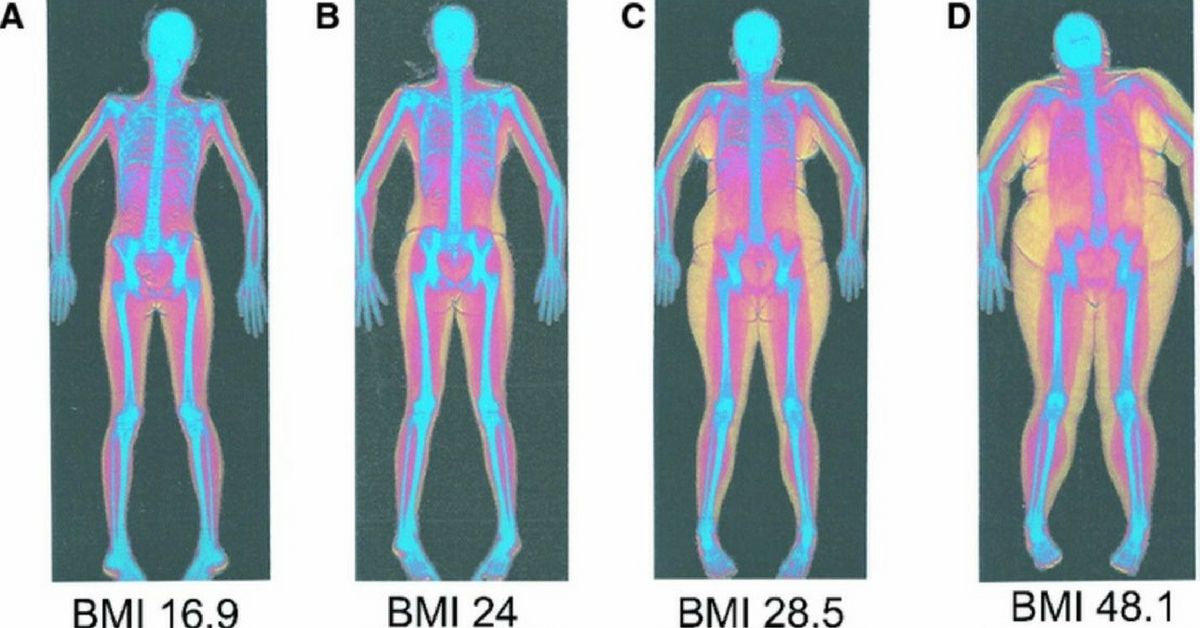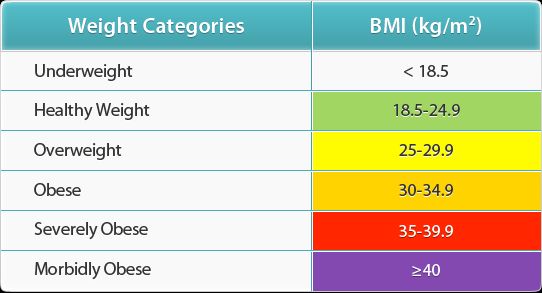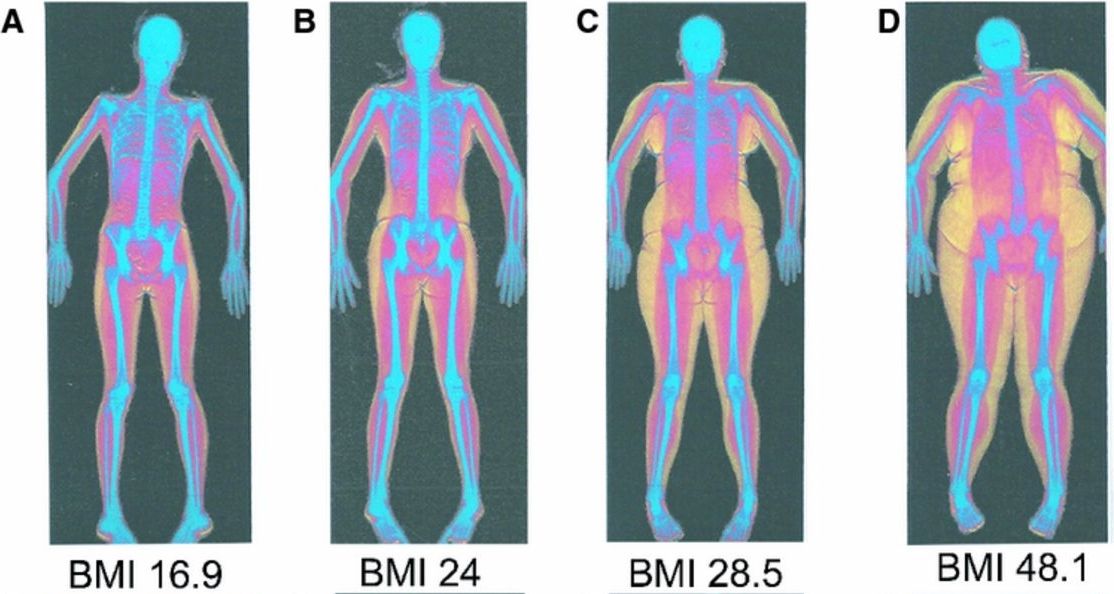It seems like every doctor and dietitian wants to tell you what the best way to monitor your health is, and many use the same system. You need to have a Body Mass Index (BMI) that falls into a certain range to be considered healthy.
However, the truth of the matter is that BMI isn't actually a very accurate form of measurement, and can be detrimental to many people. The outdated system has a lot of critics asking why it's still being used to classify people's weight.
When it started
BMI was actually invented in the 1800s by Adolphe Quetelet to study populations. It was created to study "the normal man," but it wasn't until 1972 that it started being used to measure body-fat percentages. The test was fairly accurate about 80% of the time, but it has been found to be incorrect in a lot of situations.
The formula
It's all based on a mathematical formula that takes your weight in kilograms and divides it but your height in meters squared.
The simple formula then will place you in a category. You are considered underweight if you have a BMI below 18.5, normal if your BMi is between 18.5 and 24.9, overweight if your BMI is 25-29.9, and obese if it's over 30.
The important thing to know is that in no way does it consider muscle mass as a part of the equation. As most people know, muscle weighs a fair bit and while it takes up less physical space than fat, it will increase the mass. This causes your BMI to be higher, and often will make it so that it doesn't accurately represent your health.
If it is so wrong, why don't we use another method?
Why are we still using it?
If it's so inaccurate, then why do we still use it? Well, the alternatives are expensive and time consuming, as the BMI test can be done using a calculator.
Also, even though it is wrong in a lot of cases, 80% of the time it can accurately assess a person's composition. However, there are better options.
Alternative measuring techniques
Even though they are more expensive, these options are a lot better at measuring the real composition of your body.
MRI Scans: While it may seem extreme, an MRI can accurately see how much fat you actually have, and how much of your weight is caused by muscle and tissue.
Underwater Weighing: It's capable of measuring body volume, density and fat better than other methods, however it obviously isn't something you can do easily at home.
Abdominal Obesity: Researchers have been able to find that abdominal obesity is often associated with illnesses, so by measuring the waist-to-hip ratio, they are able to better predict future health issues.
Skin Fold Calipers: They accurately measure the amount of fat in your body by measuring your skin directly.
If you are concerned about your weight, talk to your doctor, but also do some research about the different ways you can monitor your health.





